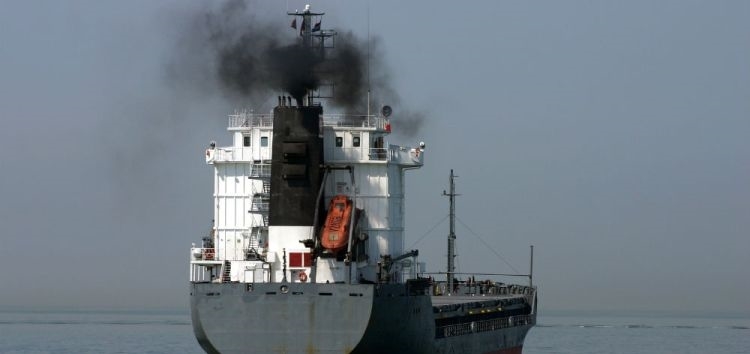Fifty shipowners, operators, logistics businesses, equipment makers, industry bodies and traders have urged IMO member states to set “a clear, ambitious long-term objective” for marine emissions at next week’s Marine Environment Protection Committee (MEPC70) meeting in London.
The signatories include companies with LNG interests, such as enginemaker Wärtsilä, solutions providers Clean Marine Energy and Titan LNG, trader Cargill, and LPG players Epic Gas and J Lauritzen.
They have written to the heads of state of the 171 members of the United Nations shipping body to demand “swift and decisive action” to agree global environmental goals for shipping emissions.
IMO member states must “define the industry’s contribution and… develop policies that drive investment in cost-effective GHG emission-reduction efforts within the industry”, the letter states.
“With a robust framework for managing national emissions now agreed in Paris and momentum for addressing international aviation emissions under ICAO, it is time to recognise the important role the global shipping industry must play in holding global temperatures well below 2 degrees Celsius.”
Pressure group Carbon War Room notes that there are no plans for such legislation and that calls for a global emissions cap for shipping were rejected just last year. It says the IMO has failed to approve a greenhouse gas emissions-reduction target for shipping.
The letter does not mention LNG marine fuel as a way to cut shipping emissions, but calls on the IMO “to establish shipping’s fair share” of global responsibility to tackle climate change, meeting the goals agreed at COP21 in Paris in December.
Global Shippers Forum secretary-general Chris Welsh urged the IMO to recognise that shipowners need clear goals to tackle their emissions and incentives to provide cleaner vessels. The IMO must move towards “unambiguous action”, Mr Welsh said.
Maersk chief advisor climate change John Kornerup Bang said: “It is crucial that IMO moves beyond data collection and establishes an ambitious and accelerated process to determine shipping’s fair share of emissions, which will allow for subsequent definitions of long-term targets and market-based mechanisms.”
He added: “We will continue working to reduce CO2 emissions in the years to come, striving to reach our 60 per cent relative reduction by 2020. But we are reaching the point where it will be more and more challenging to drive significant CO2 reductions on our own.”
source (article & image): http://www.lngworldshipping.com/news/view,shipping-demands-swift-and-decisive-action-on-emissions-at-mepc70_45070.htm
 Ελληνικα
Ελληνικα
